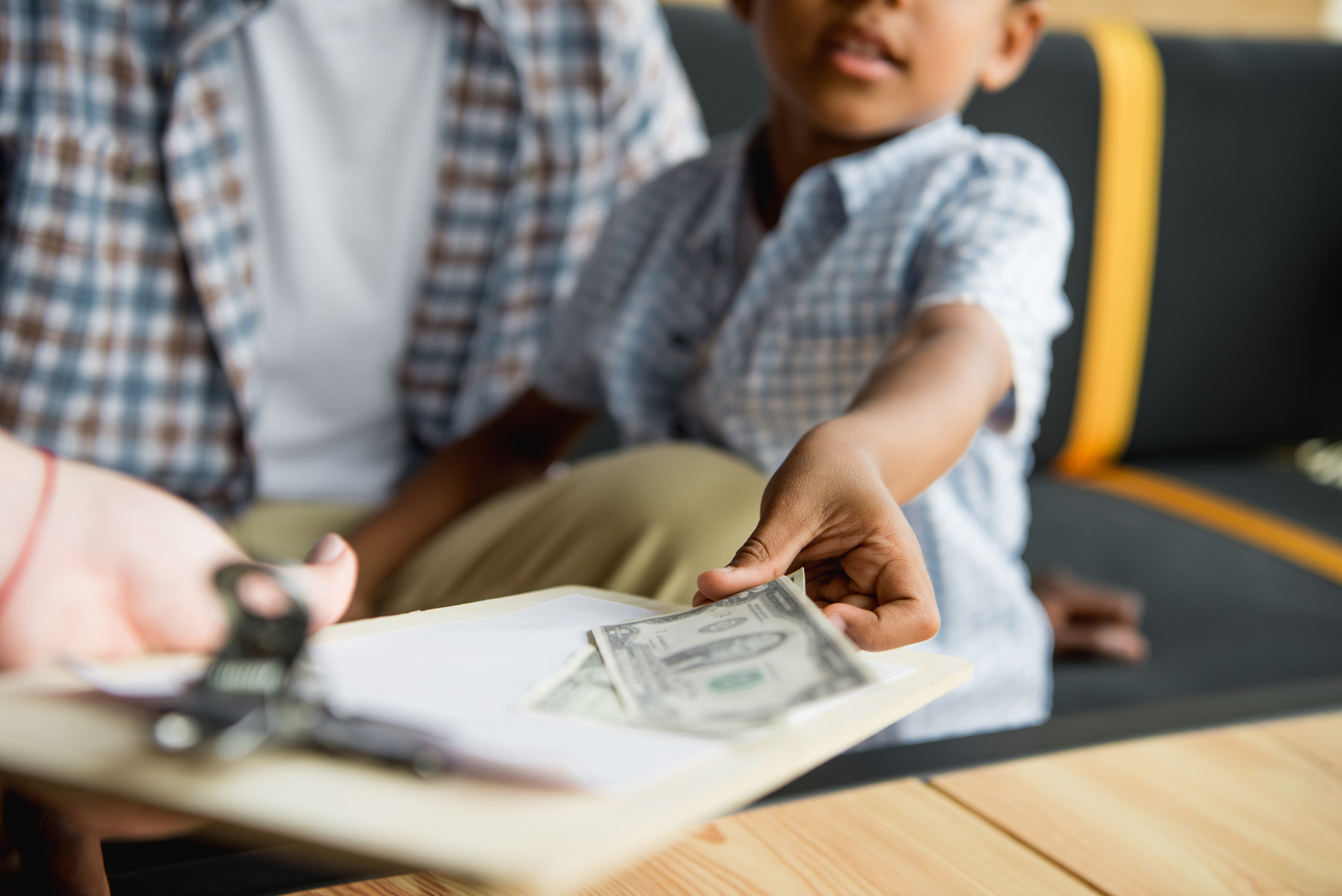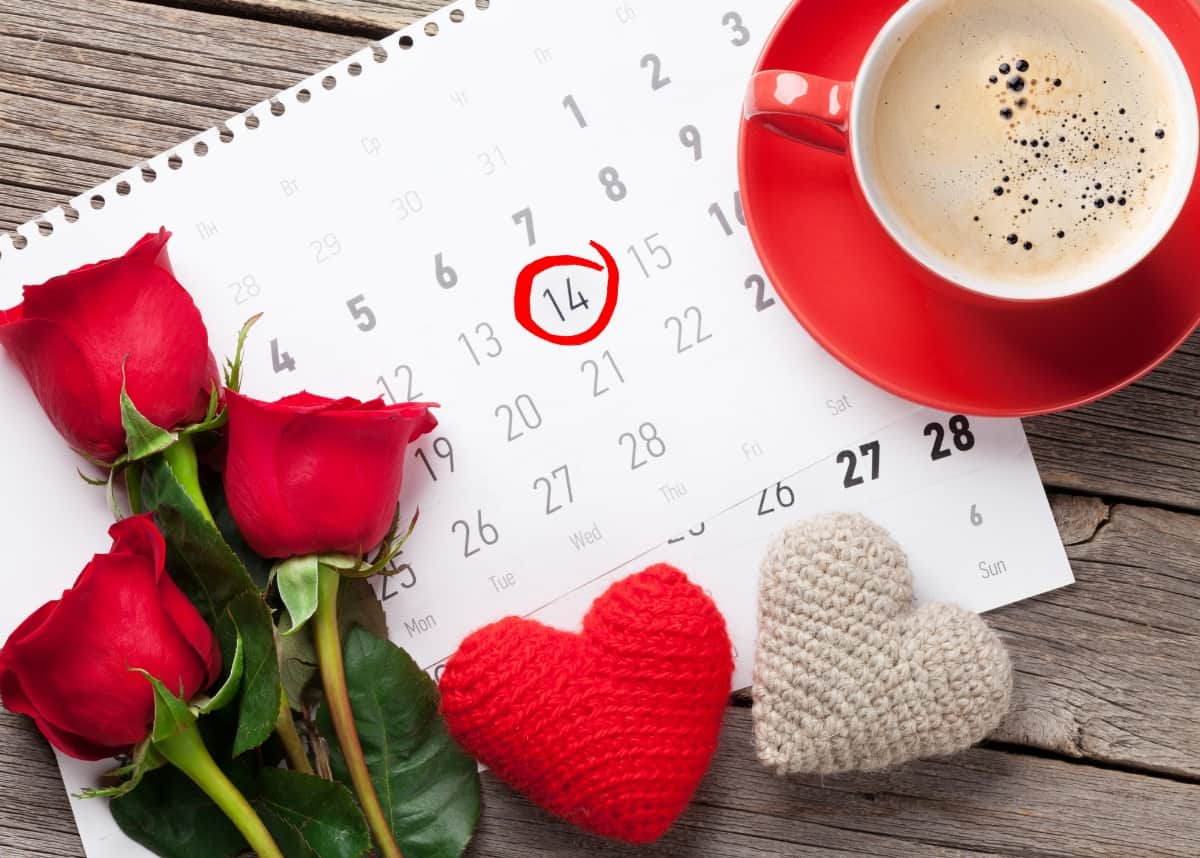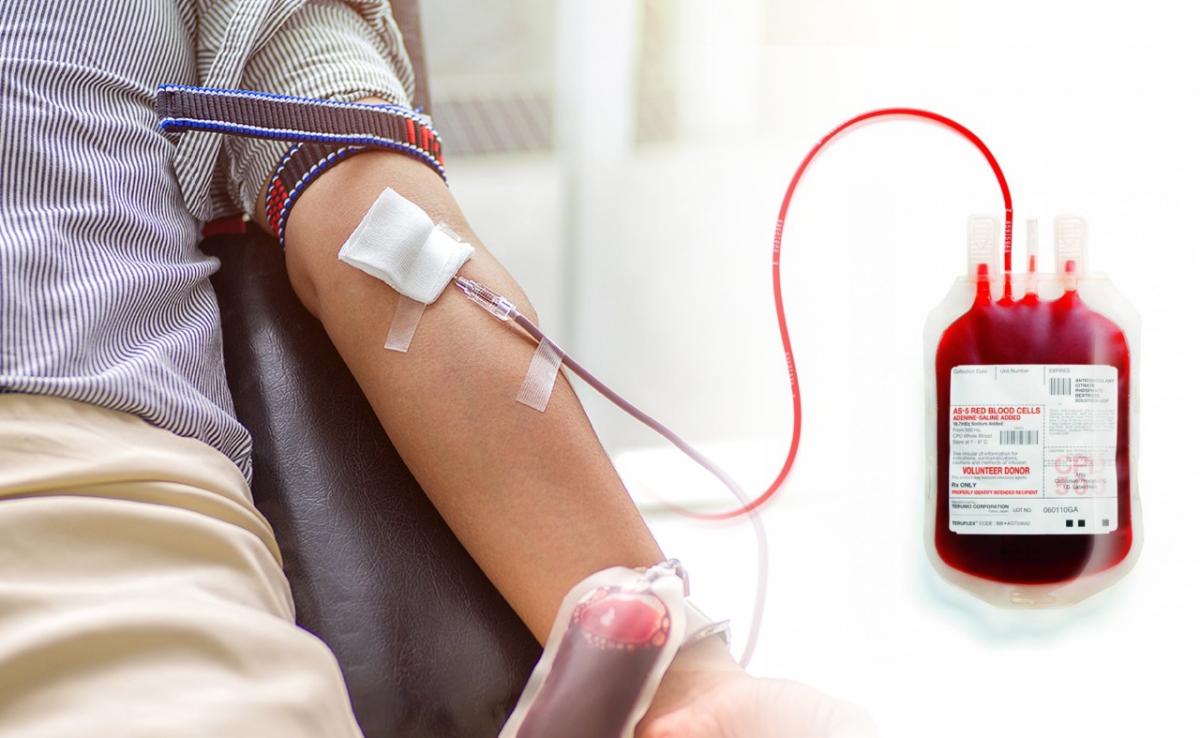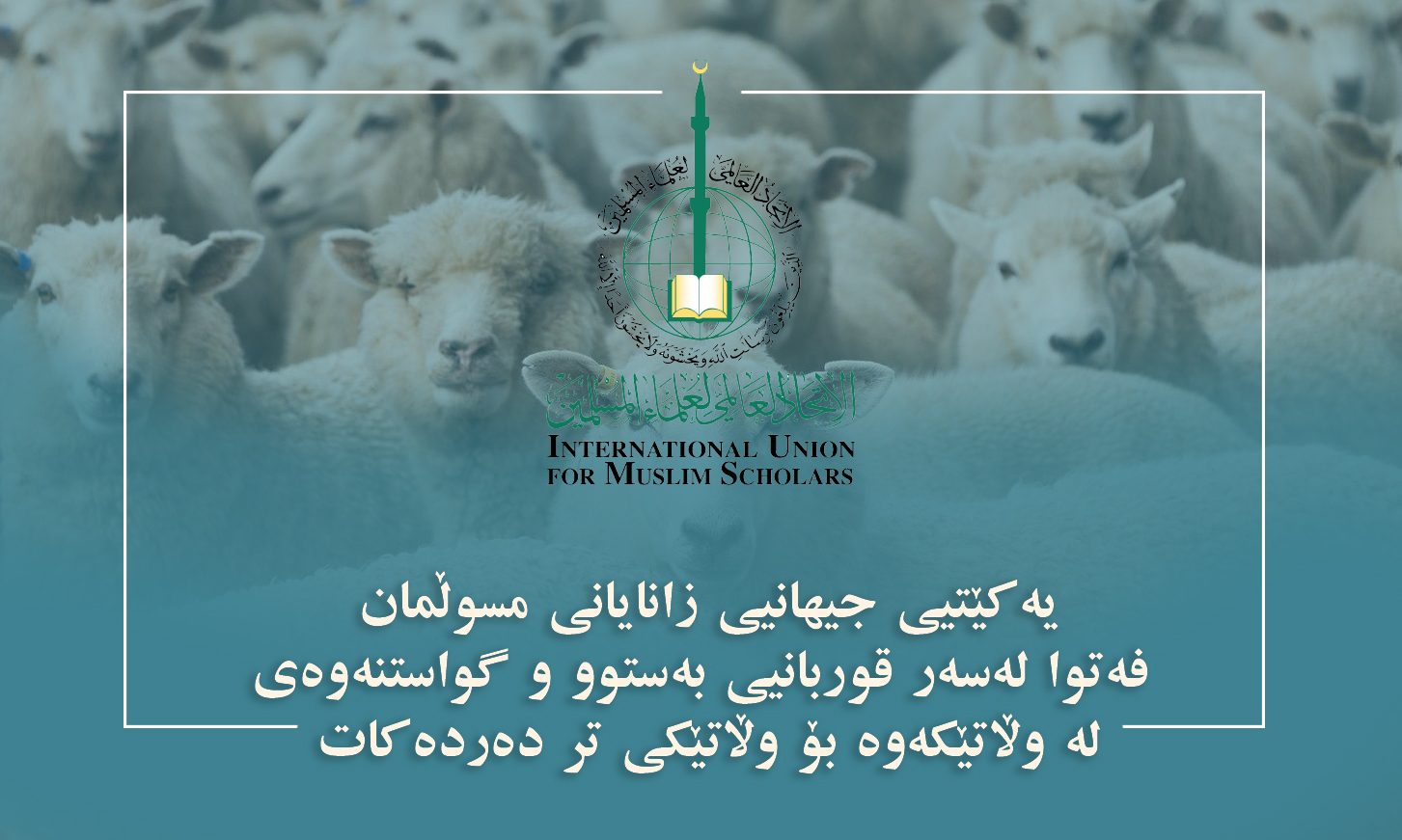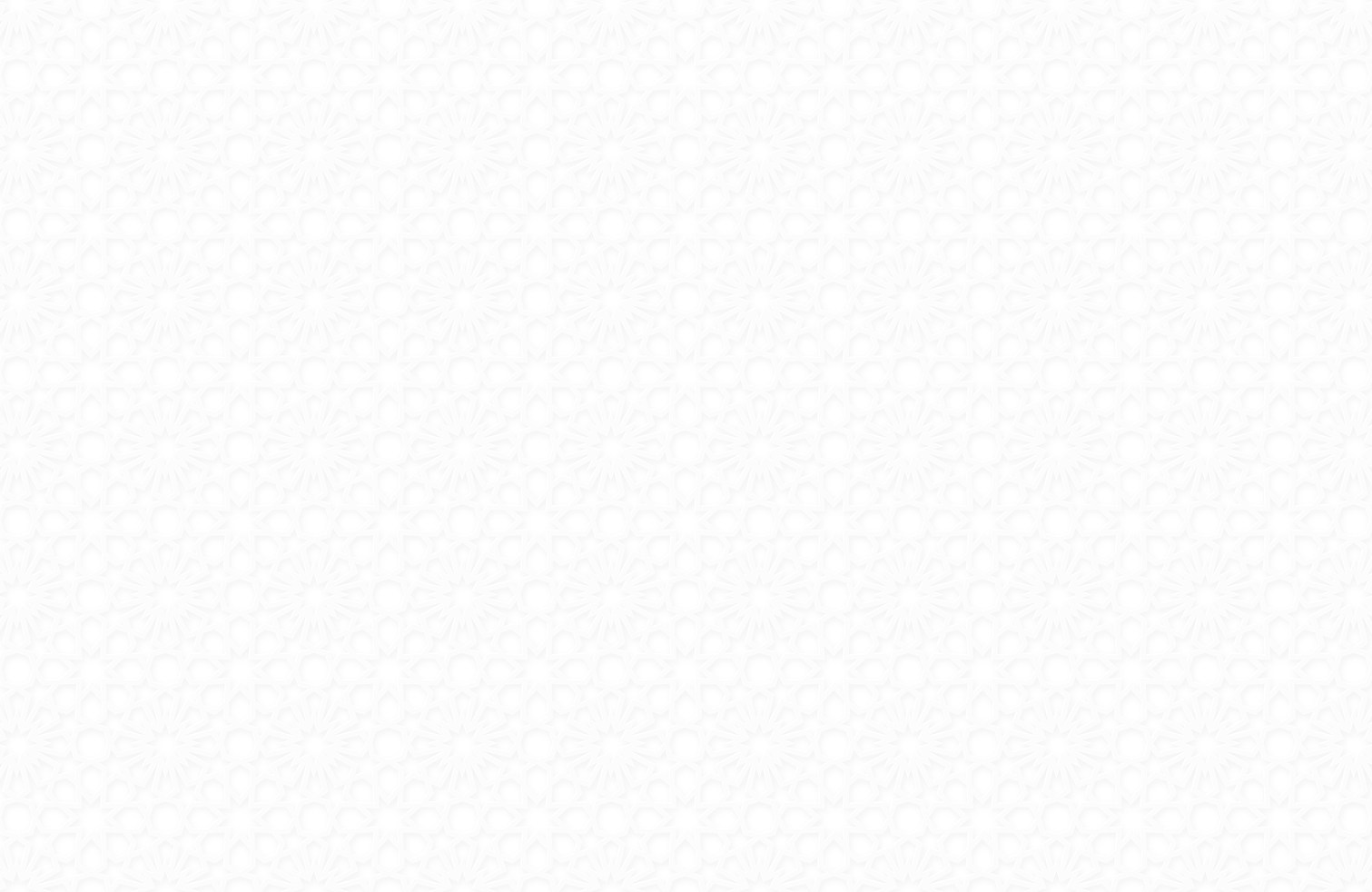Aug 01 2025
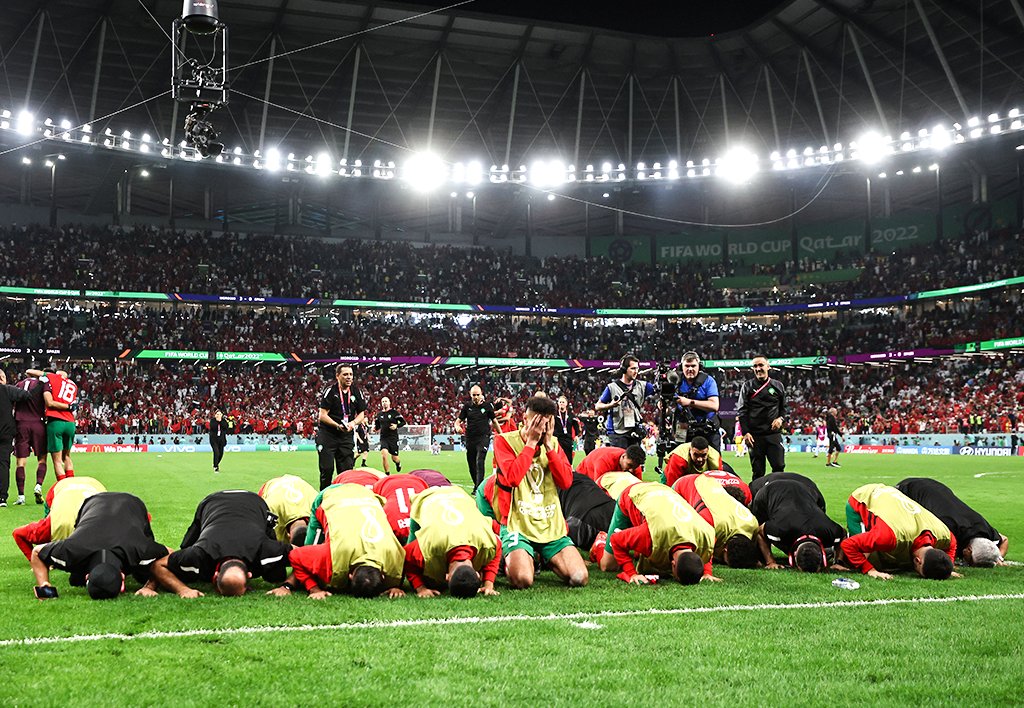
The Sharia Ruling on the Prostration of Gratitude (Sujud al-Shukr) upon Receiving a Blessing or the Removal of a Hardship or Calamity
The prostration of gratitude that the Moroccan football team performed upon their victories over the three teams of Belgium, Spain, and Portugal has become a subject of disagreement. I, for one, found their action to be good, but some others criticized the act, saying: they performed the prostration without ablution (wudu) and without facing the Qibla, and so on...
Therefore, I will clarify here the Sharia ruling on the prostration of gratitude in the noble Sunnah, as well as among the righteous and benevolent predecessors (Salaf).
The prostration of gratitude begins with saying "Allahu Akbar" (God is the Greatest). Then, the person or the group performs one prostration of gratitude. They then glorify Allah the Almighty and thank Him, and supplicate to Allah the Almighty for the continuation of the blessing He has bestowed upon them. Then, they raise their head while saying "Allahu Akbar." Afterward, they give the salutation (salam) without reciting the Shahada or the Tahiyyat. Some of the early scholars did not even consider giving the salutation to be a condition.
A number of jurists have stipulated all the conditions of prayer—such as purity, covering the 'awrah (parts of the body to be covered), and facing the Qibla—for the prostration of gratitude. However, the stronger opinion is that these conditions are not required for the prostration of gratitude. This means purity, facing the Qibla, and covering the 'awrah (including the headscarf for women) are not prerequisites. But there is no doubt that if they are fulfilled, the prostration is better and more complete. This is the statement of a great number of early scholars, including: Ibn Jarir al-Tabari, Ibn Hazm, Ibn Taymiyyah, Ibn al-Qayyim, al-Shawkani, and al-San'ani, as well as a number of Maliki scholars. Among contemporary scholars, this view is held by Ibn Baz, Ibn Uthaymin, and others.
Their evidence for this is that the Prophet (peace and blessings be upon him) performed a prostration of gratitude and—as will be mentioned shortly—it has not been narrated from him that one must face the Qibla, or that purity and the like are necessary. The situation was the same with the Rightly-Guided Caliphs. Abu Bakr, in a hadith with this wording, said: "Whenever a joyful event came to the Prophet (peace and blessings be upon him) or he was given glad tidings, he would fall down in prostration to Allah the Almighty." This was narrated by Abu Dawud (no. 2774), who remained silent on whether the hadith was good and acceptable or not. Al-Albani in Sahih Abi Dawud (hadith no. 2774) and al-Arna'ut have authenticated it. Al-Tirmidhi narrated the hadith (no. 1578), and Ibn Majah narrated it (no. 1394) with a slight difference, while Ahmad narrated it at length (no. 20455).
The apparent meaning of the hadith indicates that the aforementioned conditions are not required, because clarifying a matter when it is needed is a necessity.
On the other hand, the reasons for a prostration of gratitude may arise suddenly, and delaying it would defeat its purpose and wisdom.
Thirdly, the conditions of purity and the like that are mentioned for prayer show that the prostration of gratitude is not like prayer, because it is not named "prayer" (salah) in the Sharia. In that case, drawing an analogy between it and prayer is an incorrect analogy.
In Ibn Taymiyyah's Majmu' al-Fatawa (page 21/277), it is stated: "The Prophet of Allah did not call it a prayer, and lining up in rows was not made a condition for its performance... The Prophet of Allah (peace and blessings be upon him) did not prescribe giving the salutation for it. Nothing has been narrated from him in this regard, neither with an authentic chain of transmission nor with a weak one."
In the book Al-Sharh al-Mumti' 'ala Zad al-Mustanqi' (page 4/107-108), after discussing the prohibition of the prostration of gratitude during the formal prayer, it says: "What the author has mentioned is correct because it—the prostration of gratitude—has no connection to the prayer." On this topic, one can also refer to the Journal of Islamic Research (Majallat al-Buhuth al-Islamiyyah), issue 36/267-309.
Evidence for the Goodness of Performing the Prostration of Gratitude
There is much evidence that performing the prostration of gratitude is a good act. Among them: it is well-known that our beloved Prophet (peace and blessings be upon him), whenever something joyful happened to him, would prostrate in gratitude to Allah the Almighty. This is narrated in Masa'il Harb (who died in 280 AH), hadith no. 1057, as well as by Abu Dawud in hadith no. 2774, and al-Tirmidhi in hadith no. 1587. Al-Bayhaqi, in the section on disagreement, in hadith no. 2204, narrates with his own chain from Abd al-Rahman ibn 'Awf that he said: "I entered the mosque while the Prophet of Allah (peace and blessings be upon him) was outside the mosque. I followed him and was walking behind him. He (peace and blessings be upon him) did not notice me until he entered a palm grove. Then he faced the Qibla and then performed a prostration of gratitude. He prolonged his prostration, and I was still behind him... Then he said: 'I give you glad tidings that Allah the Almighty says: ((Whoever sends peace upon you, I will send peace upon him, and whoever sends blessings upon you, I will send blessings upon him)).'" Al-Hakim also narrated it in his Al-Mustadrak (no. 1/585).
Al-Bayhaqi says: "This hadith is authentic, and I cannot find a more authentic hadith concerning the performance of the prostration of gratitude." Al-Bara' ibn 'Azib says: "When Ali (may Allah be pleased with him) wrote to the Prophet of Allah (peace and blessings be upon him) about the people of Hamdan accepting Islam and informed him, the Prophet (peace and blessings be upon him) performed a prostration of gratitude and said: 'Peace and tranquility be upon Hamdan, peace and tranquility be upon Hamdan.'" Al-Dhahabi authenticated it in his book Tarikh al-Islam (page 2/690), as did others. Al-Bayhaqi, in the same aforementioned source (no. 2216), narrates with his own chain that when Abu Bakr (may Allah be pleased with him) received the news of the liberation of Yamama, he performed a prostration of gratitude. Ibn Abi Shaybah in his Musannaf (no. 17/464 and also no. 2217) narrates with his own chain from Abu Musa al-Ash'ari that: when Ali (may Allah be pleased with him) saw that al-Mukhaddaj (who was known as a man with a breast-like appendage—meaning a forearm like a woman's breast) was killed and he had the signs that Ali had described to his companions, he performed a prostration of gratitude. Al-Marwazi in Ta'dhim Qadr al-Salah (1/255), Ibn Abi Shaybah in his Musannaf (no. 8500), and al-Bayhaqi in Al-Sunan al-Kubra (no. 3939) each narrate with their own chains that when a person with a chronic illness passed by the Prophet of Allah (peace and blessings be upon him), the Prophet performed a prostration of gratitude, and Abu Bakr and Umar (may Allah be pleased with them) prostrated with him. Bukhari (hadith no. 4156) and Muslim (no. 2769) narrate that when Ka'b ibn Malik was given the glad tidings of his repentance being accepted, he fell down in a prostration of gratitude out of joy.
Qadi Abu Ya'la in his book Al-Ta'liq al-Kabir (Dar al-Nawadir edition, Damascus, 1435 AH, page 1/313) has cited many hadiths and narrations about prostration and concluded with this statement: "All of these are proofs for the establishment and prevalence of the prostration of gratitude among the predecessors." Before him, many other scholars have said the same thing, including Imam al-Haramayn in his book Nihayat al-Matlab (researched by Dr. al-Deeb, Qatar Awqaf publication).
Summary
Certainly, performing the prostration of gratitude upon the arrival or renewal of a blessing, or the removal of a calamity and hardship, or seeing an afflicted person, or for similar innumerable blessings of Allah the Almighty, is a desirable and good act. At that time, the person says "Allahu Akbar" once, then prostrates and glorifies Allah the Almighty, thanks Allah the Almighty, and supplicates to Him to grant even more blessings. Then, he raises his head and says "Allahu Akbar," and there is no need for him to give the salutation. This is the opinion of a number of scholars. If he does give the salutation, it is still permissible, as mentioned in the previous hadith of al-Bara' ibn 'Azib. If he performs the prostration with ablution, facing the Qibla, and with his 'awrah covered, it is better, and there is no doubt that it is more complete.
Based on the foregoing, those who have criticized do not have the right to criticize. Rather, as I said: in reality, the act that the Moroccan team performed was a beautiful act, an excellent form of da'wah (calling to Islam), and a demonstration of the greatness of Allah the Almighty. May Allah the Almighty reward them with good.
Peace and blessings be upon our master Muhammad, and upon his family and all his noble companions.
Written by: Prof. Dr. Ali Muhiddin al-Qaradaghi
Secretary-General of the International Union of Muslim Scholars
